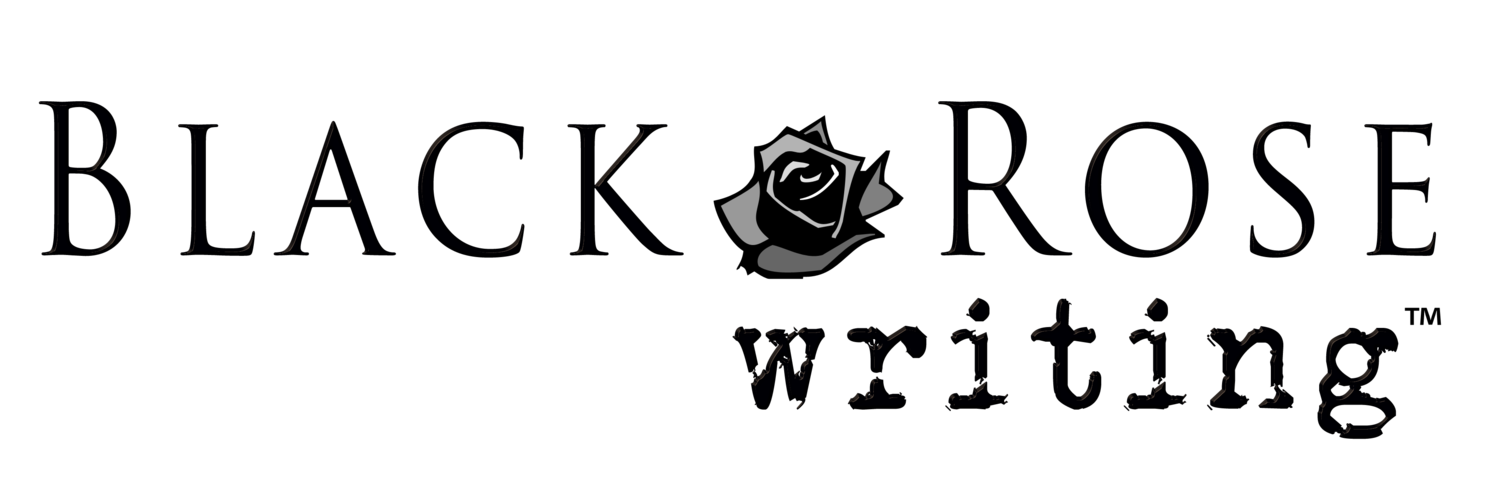The Beast Amid The Beauty: Writing Historical Fiction
Few things can compare to the beauty of a well-written historical novel. However, the process of writing historical fiction is a beast unto itself. It requires you to have not only a fantastic storyline, engaging characters, and a unique plot, but also to put these things within a real, historical timeline. This can be a different challenge than building a world from scratch because the fictional tale must fit into this slot in time, an era gone before us.
A Writer's Becoming
When I was fifteen, my father diagnosed me as a “jack-of-all-trades-master-of-none.” Although I didn’t enjoy having my mediocrity acknowledged by my paterfamilias, he wasn’t wrong. I can do many things well enough. I was a good enough volleyball player to have articles written about me in the local newspaper, but I did not earn any athletic scholarships. I was a good enough actress to be nominated for a regional theatre competition, but I did not win. I was a good enough pianist to play Bach with abandon in the privacy of my living room, but never in front of an audience. Part of the problem was that I loved sports and theatre and music equally. I refused to sacrifice one passion in pursuit of another. But that was only part of my problem.
Writer as Editor
As a thriller writer, I get to make up stories and create characters. I tend to put those characters in terrible situations and give them seemingly impossible mysteries to solve, but it’s all in the name of entertaining people.
Much of this happens in my head. Then I sit down to write the first draft.
And, for me, that tends to be the laborious part of writing a novel. I power through it, writing words, sentences, and paragraphs that I know will be deleted later. Writer Rick hates that.
But Editor Rick loves it.
Is Social Media Changing How We Write?
by Anne Leigh Parrish
We’ve all heard it said that readers have increasingly short attention spans. Spending time with a print medium isn’t as engaging as watching things move or interacting with content on a screen. Does this mean that we should write stories that can be eaten up in one sitting, or novels with chapters that are short, punchy, to the point, and don’t wander too much?
Where Ideas Come From
by Joseph Lewis
This is a departure from my normal fare, but I hope you enjoy it nonetheless . . .
I have been asked over and over where my ideas come from. I only wish I had a nickel each time the question was asked. In answer, I have to say I subscribe to what Stephen King said.
He wrote: “I get my ideas from everywhere. But what all of my ideas boil down to is seeing maybe one thing, but in a lot of cases it's seeing two things and having them come together in some new and interesting way, and then adding the question 'What if?' 'What if' is always the key question.”
How Do I Become a Writer?
“…then sit very still and ask yourself, as a reader, what piece of writing in all the world you would most want to read if you had your heart’s choice. The next step is terrible, but so simple I can hardly believe it as I write it. You just sit down shamelessly and write the thing yourself.” -JD Salinger, “Seymour – An Introduction”
You would likely be amazed at the most common course of conversation I have with new students.
“Kathie, how do I break into publishing? How do I get my short story into a magazine? How do I get my novel with a traditional publisher?” New Student says.






